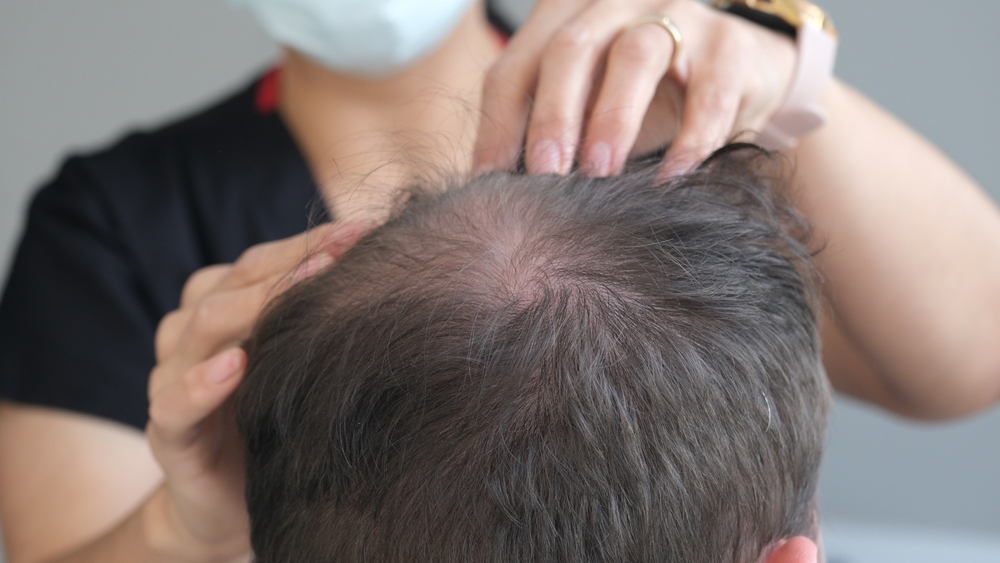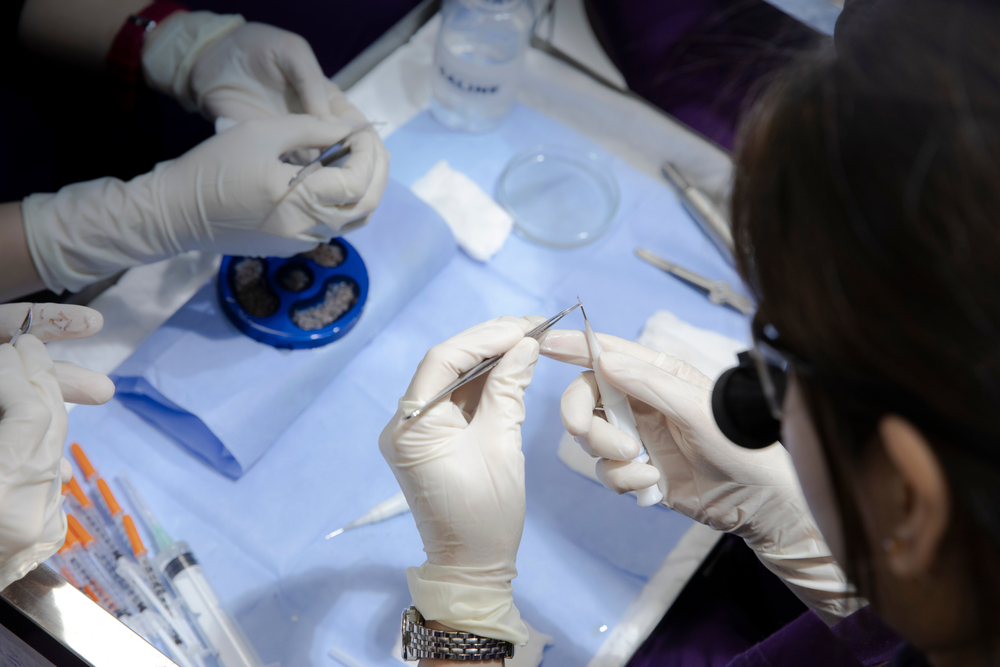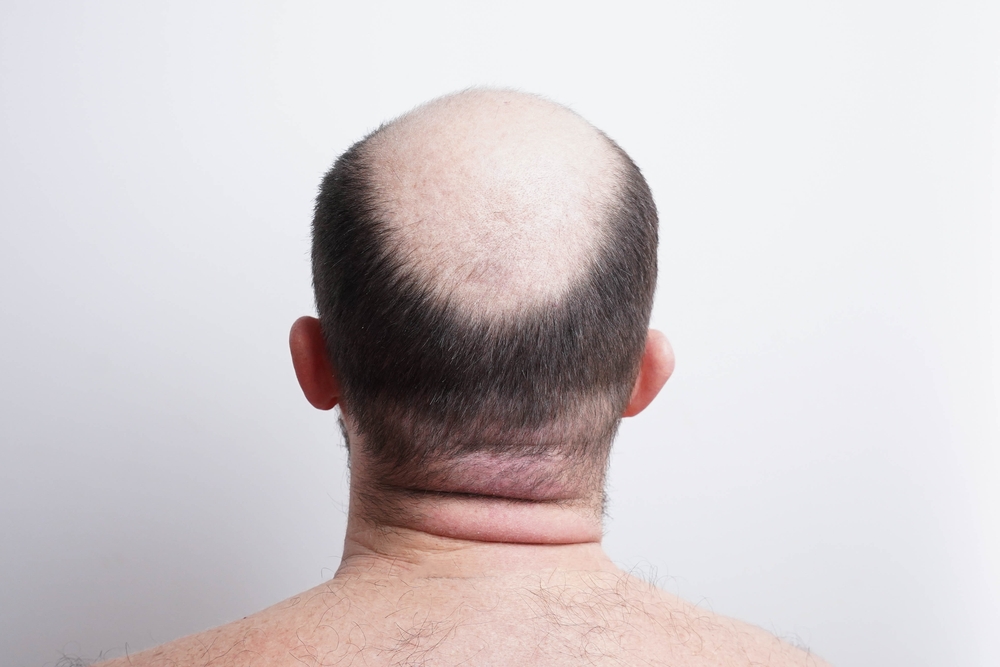Hair transplant surgery may not be suitable for everyone. While it can be an effective solution for many people with hair loss, some certain factors and conditions might make someone a less ideal candidate for the procedure.
Some of the factors that may disqualify or make someone a less suitable candidate for a hair transplant include…
- Extensive Hair Loss: – If you have very advanced hair loss and limited donor hair available for transplantation (typically from the back and sides of the head), they may not be a good candidate. A sufficient donor area is necessary to provide hair grafts for transplant.
- Unrealistic Expectations – Hair transplants can enhance the appearance and density of hair, but they cannot recreate a full head of hair or ensure flawless results if you have irrational expectations for the procedure and may not be a suitable candidate.
- Medical Conditions – Certain medical conditions or medications may make hair transplant surgery risky or unsuitable. Conditions like uncontrolled diabetes, bleeding disorders, or autoimmune diseases may be contraindications. Medications like blood thinners may also be a concern.
- Active Scalp Infections – If you have active scalp infections, such as folliculitis or cellulitis, you should not undergo hair transplant surgery until the infection has been treated and resolved.
- Insufficient Donor Hair – If you lack sufficient donor hair in the safe harvesting areas (the back and sides of the head), the surgeon may not have enough grafts to transplant.
- Young Age – Hair loss patterns are not fully predictable in younger individuals. Surgeons may hesitate to perform hair transplants on very young patients because it’s challenging to predict the extent of future hair loss and the long-term results.
- Unrealistic Hairline Design – Patients who request extremely low or unnatural hairlines may not be suitable candidates. A good hair transplant surgeon will aim for a natural-looking result that complements the patient’s facial features.
- Smoking or Substance Abuse – Smoking and substance abuse can interfere with the healing process, potentially leading to complications. Surgeons may recommend quitting these habits before considering a hair transplant.
- Psychological Issues – If you have severe psychological issues, such as body dysmorphic disorder or unrealistic preoccupation with your appearance, may not be a suitable candidate. As you may not be satisfied with the results or may experience increased distress after the procedure.
- Financial Constraints – Hair transplant surgery can be expensive, and you should be financially prepared for the procedure and potential follow-up treatments.
The suitability of a candidate for a hair transplant depends on several factors, including your unique circumstances, the expertise of the surgeon, and a thorough evaluation of your medical history. Consult with a qualified hair transplant specialist who can assess your specific situation and discuss your options.





